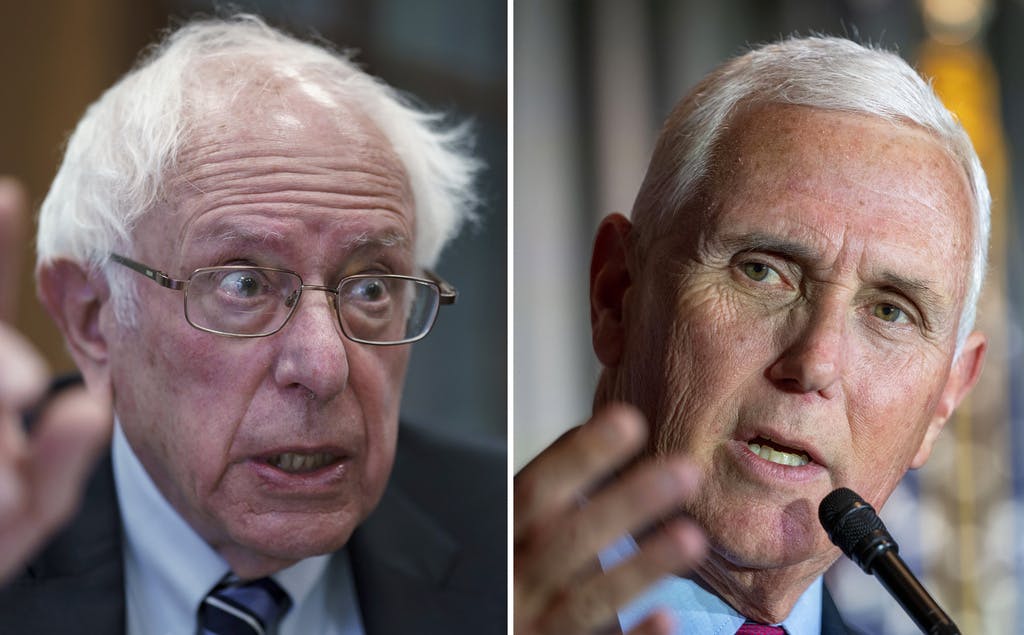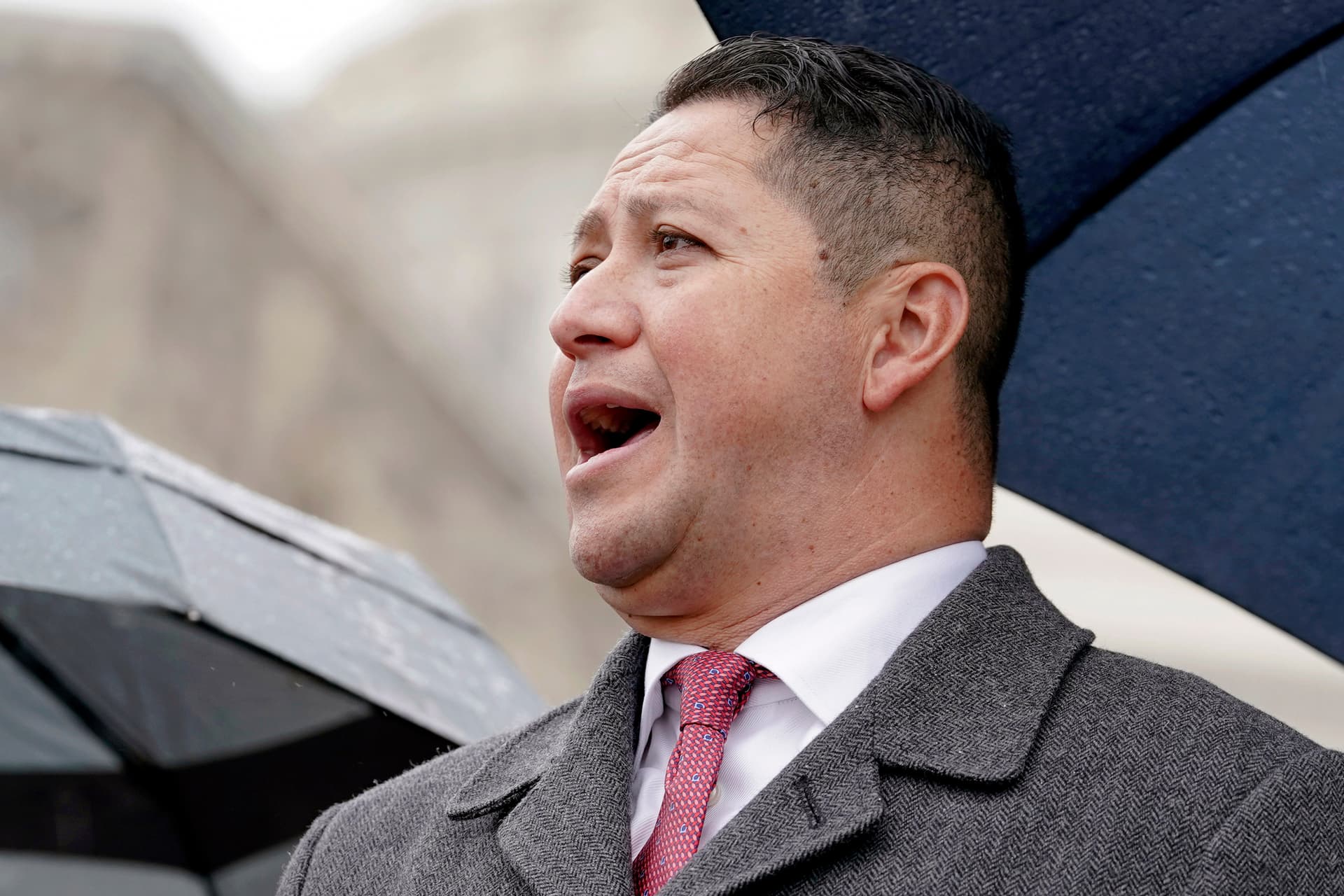
Netanyahu Envisions New Mideast Alliances
By BENNY AVNI
|‘There are no libertarians in the financial crisis,’ one analyst says. ‘Both sides are trying to be bailed out.’

Already have a subscription? Sign in to continue reading

By BENNY AVNI
|
By MATTHEW RICE
|
$0.01/day for 60 days
Cancel anytime
By continuing you agree to our Privacy Policy and Terms of Service.
By HOLLIE McKAY